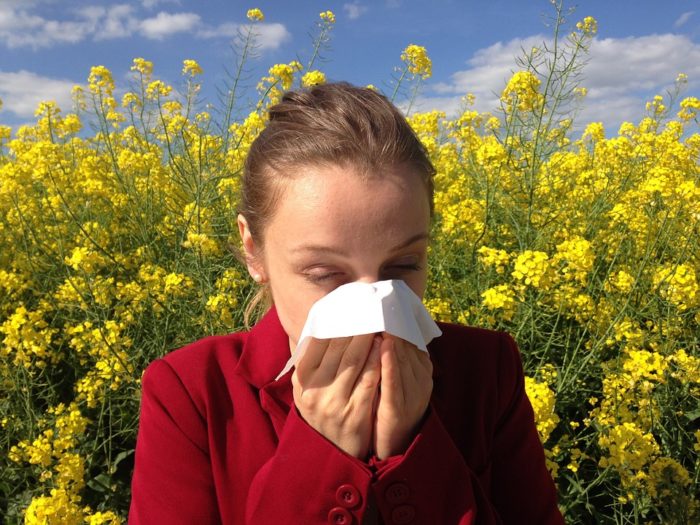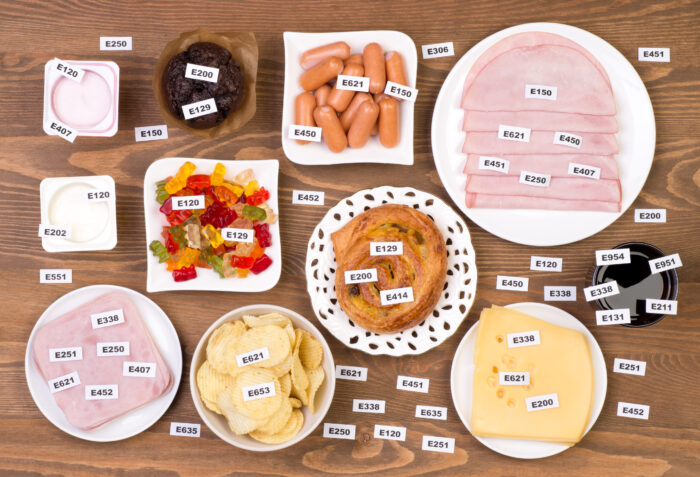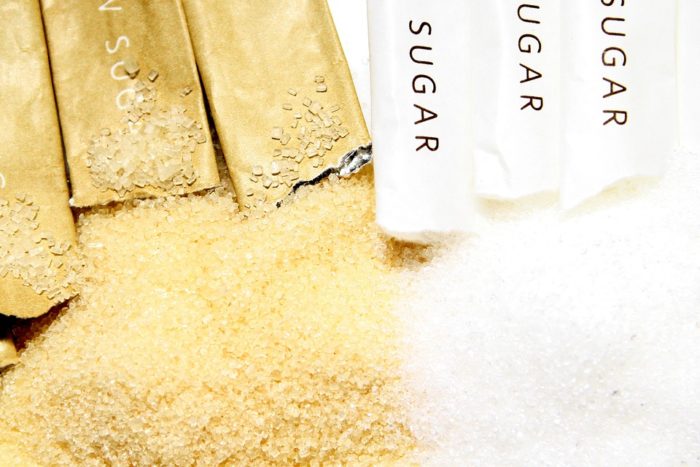You may be reading this already concerned about microplastics in our food, or this may be your first time hearing about it. You may have also heard that the microplastics we eat may be stored in our bodies. Microplastics are tiny pieces of plastic less than 5 millimeters of length (even smaller than a grain of rice!) that come from our environment around us. These can be found in consumer products like the beads in face scrubs, or break down from man-made products like plastic containers, water bottles and bags that break down over time.
Why Are Microplastics Concerning?
Once plastics break down over time, these tiny plastics can be found in oceans, rivers, soil, and even the air we breathe. Scientists have found that they are also showing up in the food we eat and water we drink.
Scientists first started noticing microplastics in the ocean in the 1970s and over the years, they saw they were everywhere – floating in the ocean, washing up on beaches, and even inside fish and other animals. By the 2000s, scientists realized that microplastics were also getting into people’s bodies. Now, they are trying to figure out just how these tiny plastics may be affecting our bodies and our health.
How Microplastics May Affect Our Health
When we eat food or drink water with microplastics in it, those tiny bits of plastic may end up in our stomachs or other parts of our bodies. Some studies have found microplastics in the blood, saliva, liver, kidneys, and even in placenta. Currently, the Food and Drug Administration (FDA) does not believe there is enough science to suggest that microplastics in foods are harmful to human health.
Studies on animals and ocean life show that microplastics might cause health problems like:
- Swelling and inflammation – which could raise the risk of cancer
- Stomach and gut problems – including changes in the helpful bacteria in your belly and a higher chance of getting bowel diseases
- Hormone changes – which can affect how you grow, your energy, how hungry you feel, and even your mood, and
- Reproductive issues – such as lower sperm count and changes in hormones like testosterone
Microplastics also contain harmful stuff like BPA, phthalates, and heavy metals. These may harm the brain and the ability to have children.
What Can You Do to Lessen Your Exposure to Microplastics?
The reality is that we cannot escape plastics. Ultimately, the responsibility is on manufacturers and lawmakers to help reduce the amount of plastic used in food products. The good news is that there are ways we can all try to limit how many microplastics we take in. Here are some simple steps:
- Use less plastic – Try using a reusable water bottle instead of buying plastic ones and using reusable shopping bags
- Buy food with less plastic packaging – Pick fresh fruits and vegetables that don’t come wrapped in plastic when you can.
- Filter your water – NSF-certified water filters can help take out tiny plastic pieces from tap water.
- Say no to plastic straws and utensils – Bring your own metal or bamboo forks, spoons, and straws when you go out. You can keep them in your car or lunchbox.
- Don’t use plastic cutting boards – Use cutting boards made from wood, glass, or metal instead.
- Don’t microwave food in plastic – Use glass or other safe containers. Heating food in plastic can lead to tiny plastic bits getting into your food.
Plastics are all around us. Scientists are still working hard to learn more about how microplastics can affect our health. In the meantime, we can all take small steps to use less plastic and help protect ourselves and the planet.
A registered dietitian can help you reach your overall health goals, including aligning your goals to your overall values – like if environmental health and sustainability are important to you. Schedule online here or call (919) 237-1337, option 4 and a nutrition coordinator can help you set up a one-on-one appointment.
Resources:
https://www.fda.gov/food/environmental-contaminants-food/microplastics-and-nanoplastics-foods
https://magazine.hms.harvard.edu/articles/microplastics-everywhere
https://www.aamc.org/news/microplastics-are-inside-us-all-what-does-mean-our-health
https://www.ewg.org/news-insights/news/2024/03/new-study-links-microplastics-serious-health-harms-humans




